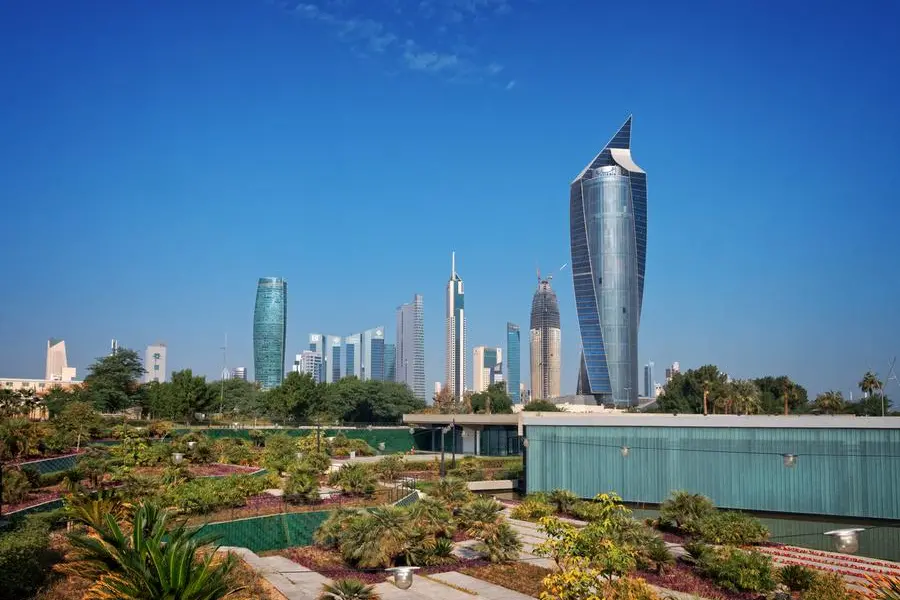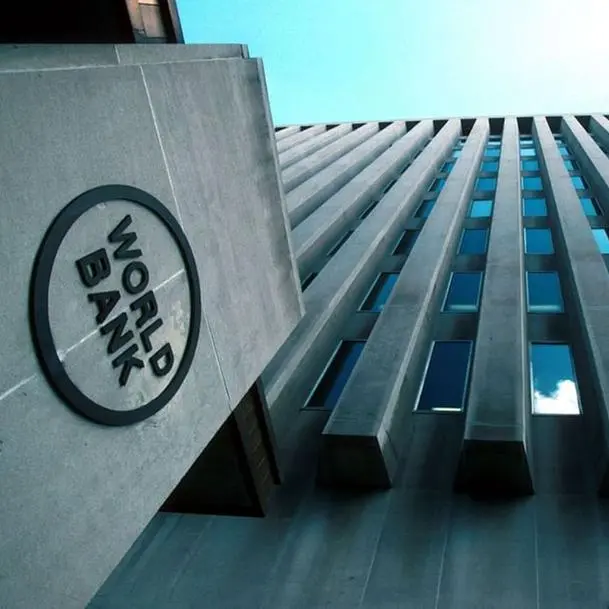PHOTO
OPEC producer Kuwait spent less on projects and related fields in the current fiscal year amidst a sharp rise in current expenditure and a decline in oil export revenues, according to a local bank study.
Capital expenditure in the first nine months of the 2023-2024 fiscal year, which started on 1 April last year, shrank by around 6.2 percent to 763 million Kuwaiti dinars ($2.5 billion) compared with the same period of 2022-2023, the National Bank of Kuwait (NBK) said in the study published at the weekend.
The actual project spending is nearly 39 percent of the total projected capital expenditure of 1.83 billion dinars ($6 billion) during the current fiscal year, the report said.
It showed high current expenditure allied with lower revenues to create a KWD1.7 billion ($5.6 billion) deficit during the first nine months compared with a massive surplus of KWD10.1 billion ($33.3 billion) during the same period of 2022-2023.
According to the report actual spending jumped by 56 percent to KWD17.2 billion ($56.7 billion) during the first nine months of the current fiscal year while current expenditure, which covers salaries to civil servants, subsidies, and government purchases, surged by 59 percent to KWD16.5 billion ($54.45 billion).
As for revenues, the report showed they plunged by around 27 percent to KWD15.5 billion ($51.15 billion) during the first nine months as a result of a sharp fall in oil export earnings due to lower prices and production.
(Writing by Nadim Kawach; Editing by Anoop Menon)
(anoop.menon@lseg.com)
Subscribe to our Projects' PULSE newsletter that brings you trustworthy news, updates and insights on project activities, developments, and partnerships across sectors in the Middle East and Africa.





















